In the Hebrew Bible, the תָּנָ”ךְ, there are two epic stories of ships/boats: Noah/נֹחַ and Jonah/יוֹנָה. These two stories have much in common: God tells a prophet that evil has happened and needs to be remedied. A ship is a major part of the mission. And the word יוֹנָה is found in both. While these are just a few similarities, they are very big. Let’s focus on the last one, the word יוֹנָה. The name of Jonah is יוֹנָה and the word for the dove at the end of the Noah/נֹחַ story is also יוֹנָה. One might imagine this is just a coincidence, but I don’t think it’s okay to look past this incredible connection. The job of the יוֹנָה in the flood story of this week’s פָּרשָׁה/parsha/portion, is to investigate if the waters had receded. His job was to let us know that life could resume and the struggle was over. יוֹֹנָה’s job was to go to a foreign city and let the people know they needed to change because they were doing something that was contrary to God’s vision of the world.
One יוֹנָה was bringing a message on ending the disaster/plague and the other was coming to stop the disaster from continuing and thus stopping the necessity of the destruction of an entire people. Both stories are tied together by God’s realization that the world had evil in it and that it went against the world God had created. God created our world to be one filled with creation, mutuality and community. God created a world where we would be partners in creation. God created a world where humankind would work together to right wrongs and make things better for others.
When we look at the world today what do we see? Do we see a יוֹנָה showing the end or the beginning of the disaster? Do we see a messenger doing his part or running from it? Are we seeing a נֹחַ that listened to God and saved creation from complete destruction, or are we witnessing a יוֹנָה running from God and shunning responsibility for humanity? In reality, we’re seeing both. It’s too much of a stretch to say it’s all one or the other. We need to recognize there are pieces of us who heed the call to action, and there are pieces of us that fall woefully short and ignore what we need to do.
In both stories, the word “חָמָס” is used. It is pronounced “hamas” and it means wrong or evil or violent. In the נֹחַ story, the earth is described as having been filled with it and in the יוֹנָה story it’s part of the decree of the King of Nineveh that people “turn back from their own evil ways and from the injustice of which they are guilty.” (Jonah 3:8) It’s impossible to read these words today and not be reminded of the evil in our midst, Hamas. While their name is not from the Bible, it’s a coincidence. Their name comes from an Arabic acronym for Islamic Resistance Movement. With that in mind, it’s still intriguing to see that the Hebrew word describes them so well. נֹחַ heeded a call to be an agent of change and destroy that evil, while יוֹנָה ran from it only to have to confront it in the end.
Today we’re still in our moment of euphoria to have our hostages home. But there is still much to do. So long as there is חָמָס or Hamas in this world, we must heed the commands to fight it and destroy it. Evil can never be given safe haven or any oxygen to breathe and grow. We need to recognize we’re on this ship together and we’ll ride these dangerous waves because we have no choice. One day our יוֹנָה will find the dry land to let us know it’s safe, and the חָמָס and Hamas, are defeated and we can begin to rebuild a better world for tomorrow.
